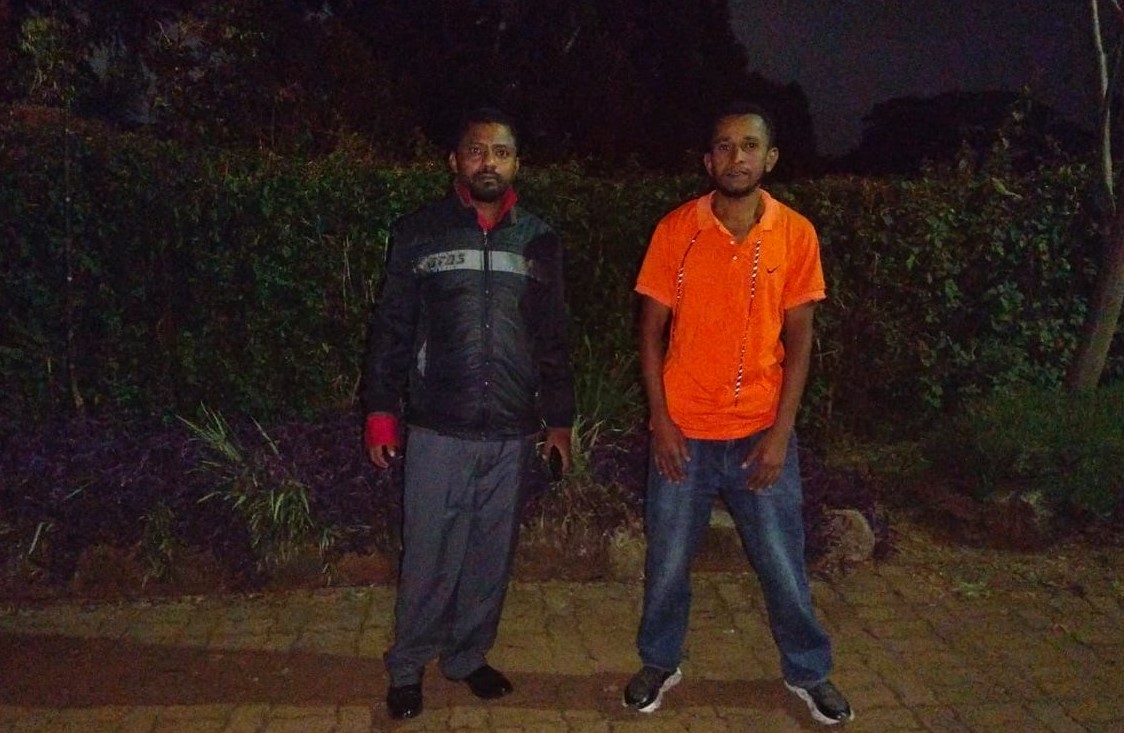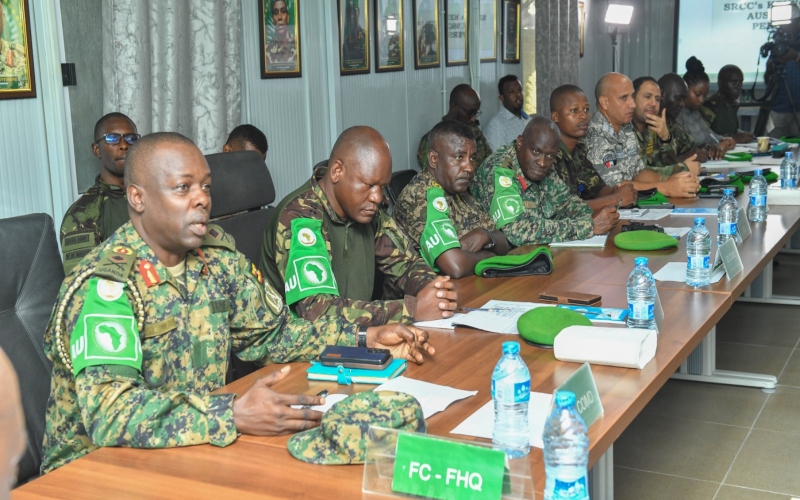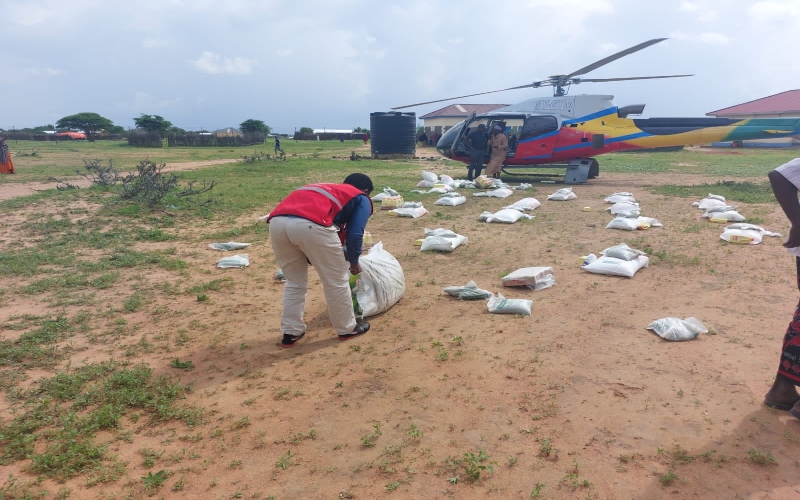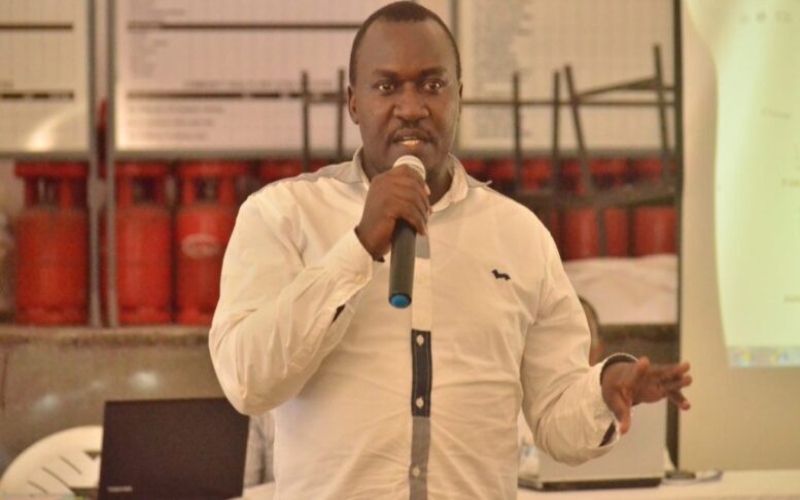Kitengela brothers painfully recount 32 days of torture after abduction ordeal

"The room was dark and covered in black-painted boards. There were no windows, just a CCTV camera watching us. It felt like we were trapped in a nightmare," Jamil recalls.
The recent resurgence of abductions in Kenya has reignited painful memories for victims who were taken and tortured during the intense anti-government protests in mid this year.
Jamil and Aslam Longton, two brothers from Kitengela, are among the survivors of these harrowing acts.
More To Read
- Police officer arrested for hurling colleague off fourth-floor balcony in Kitengela
- KEWOPA, health workers slam Kitengela Hospital invasion during Saba Saba protests
- How High Court judge wrestled top cop Gilbert Masengeli in legal tussle over abducted rights activists
- Kitengela Three: Activist Bob Njagi breaks silence, narrates 32-day ordeal in hands of abductors
- Rights groups want state to release 27 victims of enforced disappearance
- Activist Bob Njagi recalls abduction, threats and survival in detention
The brothers were abducted on August 8, 2024, outside their home in the aftermath of the Kitengela protests.
They were held in captivity for 32 days, enduring what they describe as inhumane conditions and brutal torture.
"When we arrived, they removed our masks," Jamil recalls, his voice trembling.
"The room was dark and covered in black-painted boards. There were no windows, just a CCTV camera watching us. It felt like we were trapped in a nightmare."
The conditions in which they were held were unbearable.
The brothers were stripped of their clothes, handcuffed to the floor, and subjected to physical abuse.
"After about 20 minutes, a man entered the room. He was wearing a mask, holding a pistol, and carrying a whip. He began beating my brother while demanding to know where we got funds for the protests," Jamil recounts.
Aslam pointed out that every time the door opened, his heart sank knowing it could be more torture or even death.
"The hunger and dehydration were unbearable. We were given barely any food or water," he said.
One meal a day
The brothers were given only one small meal a day, typically ugali and cabbage, which was insufficient to sustain them.
"We were given just 300 ml of water a day. We used it for drinking, washing, and cleaning. It felt like they wanted to break us," Jamil said.
The physical abuse was accompanied by severe emotional and psychological trauma.
The brothers lost track of time, isolated in a dark room with no way to communicate with the outside world.
"We had no idea how many days passed. The only way we could tell was by hearing the TV in another part of the room," Aslam said.
Three months after their release, the brothers still struggle with the aftermath.
Their businesses have collapsed, and they are stigmatised by the community, who view them with suspicion due to the circumstances of their abduction.
"Our businesses have been destroyed," Jamil said tearfully.
"People think we are criminals, and it's impossible to restore our reputation now. The government has ruined our lives."
Despite the trauma, the brothers say they will not remain silent.
"We are not afraid anymore. We want justice. If we did something wrong, we should have been taken to court, not tortured in secret rooms. We want those responsible to be held accountable," Aslam declared
The Independent Policing Oversight Authority (IPOA) has begun investigating these abductions, which have sparked widespread concern.
IPOA Chairperson Ahmed Issack Hassan on Wednesday expressed alarm over the rising cases and emphasised the need for justice.
"The Authority is deeply concerned about the rising cases of abductions allegedly linked to the police," Hassan said.
"It is the duty of the National Police Service to protect all persons in Kenya against such violations of fundamental rights."
IPOA has deployed rapid response teams to gather evidence and determine the involvement of law enforcement officers in the abductions.
Top Stories Today












































